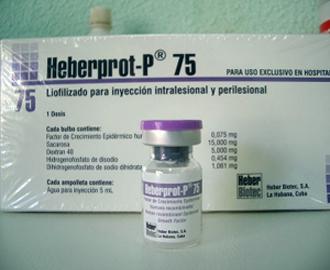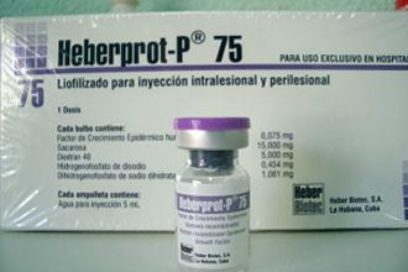By Nuria Barbosa

With the objective of sharing knowledge among Cuban professionals and those from other latitudes, several scientific forums will take place in Havana during the month of November, with eminent experts in attendance to share accomplishments achieved in medical practice.
November 2-4, the third congress of the Latin American Association for Vascular Surgery and Angiology (ALCVA-Angiocaribe-2016) was held in the Pradera International Health Center, including at the same time the 10th such gathering of Caribbean specialists, and the third summit of presidents of Latin American Vascular Societies.
Attending professionals exchanged information on a variety of topics, including diagnosis and treatment of vascular disease; occlusive disease of the aorta and its branches; lymphatic vessels; non-healing ulcers; diabetic foot revascularization; conventional and endovascular surgery.
During the event, doctors from the province of Camagüey presented results achieved with the use of the Cuban drug Heberprot-P, administered in neighborhood clinics to patients with slow healing wounds, leading to a dramatic reduction in the amputation rate due to complicated ulcers.
This same week (November 6- 7) taking place in the Palco Hotel was the North-South meeting of international affiliates of tDoctors for the Prevention of Nuclear War, an organization which won the Nobel Peace Prize in 1985. During this event, discussed was the agreement reached by the Community of Latin American and Caribbean States (CELAC) to proclaim the region a Zone of Peace.
Additionally, surgeons from 20 countries in Latin America, Europe, and the United States participated in the 13th Cuban Congress of this specialty, November 8-10, to discuss 700 papers focused on issues such as multiple trauma, abdominal hernias, transplants, bariatric and minimal access surgery, and that of the thyroid, mediastinum, breast and lungs.
Prior to the congress, several classes were offered, allowing for an important exchange of experience, reflections, and knowledge among doctors from the country’s 15 provinces, leading to valuable analysis.
Also held November 7-11 was the 6th International Workshop on Design and Management of Clinical Trials, at Havana’s Convention Center, scheduled along with the 2nd Health Knowledge, Information, and Evidence Conference
(CIE-Salud 2016); the Oncology Clinical Trials Update Seminar; and a workshop on Research Algorithms for the Development of Plant Medicines.
The agenda included master lectures, panel discussions and posters on such topics as the design and conducting of clinical trials; transparency and ethics in clinical research; data management, statistics, and support technology; training of human resources to work on clinical trials; evidence-based health services; clinical trials for natural products; evaluation of health technologies; as well as learning in practice, among others.
The 4th Congress of the Cuban Society of Pathological Anatomy is taking place November 14-18, addressing issues relevant to this specialty including morphological research methods, as well as causes, evolution, and consequences of disease to ensure accurate diagnoses with the correct use of biopsies, cytology and autopsies.
Being held this week, as well, is the 7th National Hygiene and Epidemiology Conference, providing an opportunity for scientific debate and reflection on achievements, challenges, and the management of research, vigilance, and training in related fields.
This exchange of experience is expected to contribute to improving the Cuban population’s health – and that of peoples worldwide – by improving the quality of programs and services via a renovated, more efficient national public health system.
Toward this end, reviewed were the management and technical-scientific basis of efforts to prevent and control health problems over the last ten years, and new challenges which have appeared, such as those related to contagious diseases; environmental effects; the epidemiology of population aging; climate change; increase of deaths from non-contagious disease; capacity building; and the international health situation, among other issues.
Participating in all of these gatherings were eminent doctors and scientists from Europe and the United States, accompanied by colleagues from other continents, to impart and receive master classes, introductory lectures, seminars, workshops, pre and post conference courses. (Taken from en.granma.cu)


